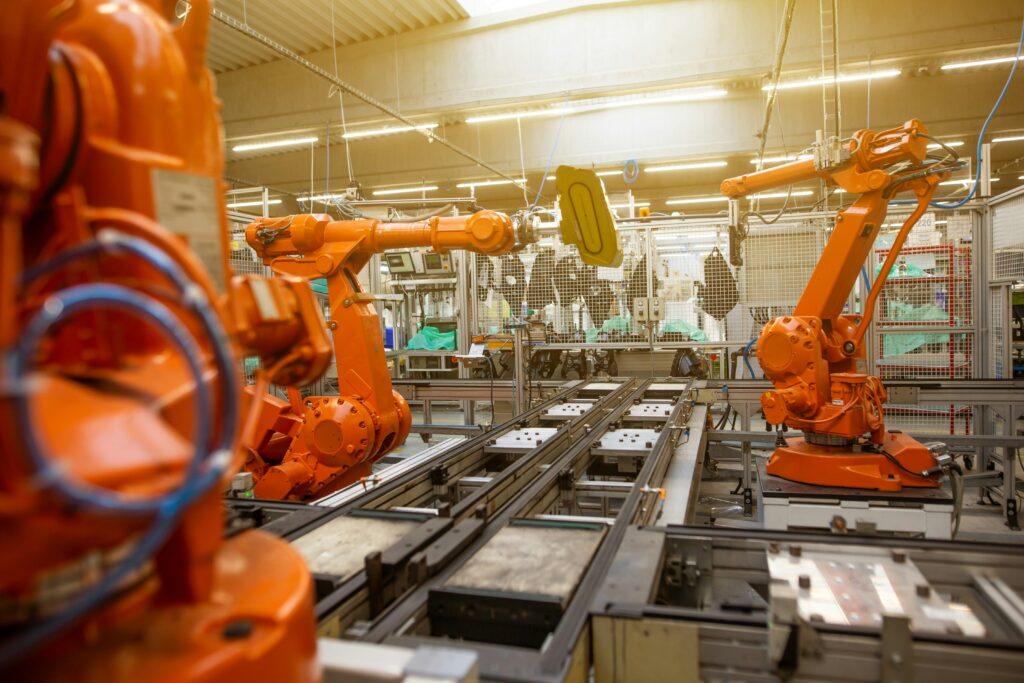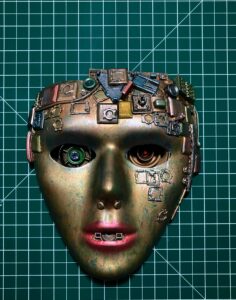Picture this: a world where your morning coffee is brewed by a robot, your lunch order is taken by an AI-powered voice assistant, and your evening commute is navigated by a self-driving car. It may sound like something straight out of a sci-fi movie, but these futuristic scenarios are becoming increasingly common thanks to the rise of automation in businesses.
According to a report by McKinsey & Company, automation technologies have the potential to revolutionize industries, increasing productivity by up to 20%. From manufacturing to customer service, companies are turning to AI, machine learning, and robotics to streamline operations, cut costs, and improve efficiency.
But while automation offers undeniable benefits, it also raises concerns about job displacement and the widening skills gap. As technology continues to advance, workers will need to adapt and acquire new skills to remain relevant in the workforce. This shift towards automation is not just a trend – it’s a fundamental transformation that requires a thoughtful and strategic approach from businesses and policymakers alike.
As Andrew Yang, entrepreneur and presidential candidate, aptly put it, “We have to rethink the social compact in light of the fact that we are automating away millions of jobs.” The time to adapt is now, as the future of work is already here, and it’s time to embrace the opportunities and challenges that come with it.



